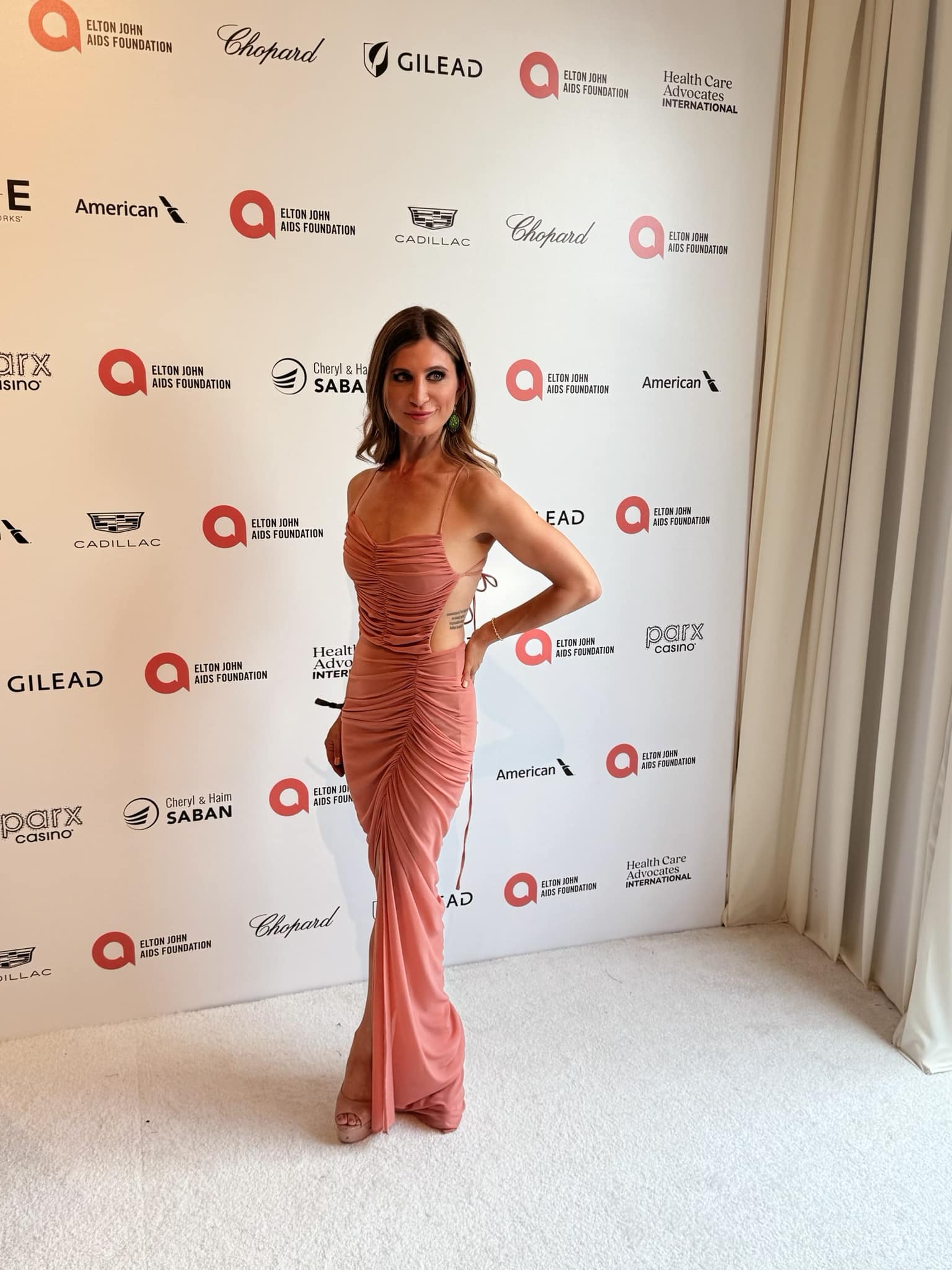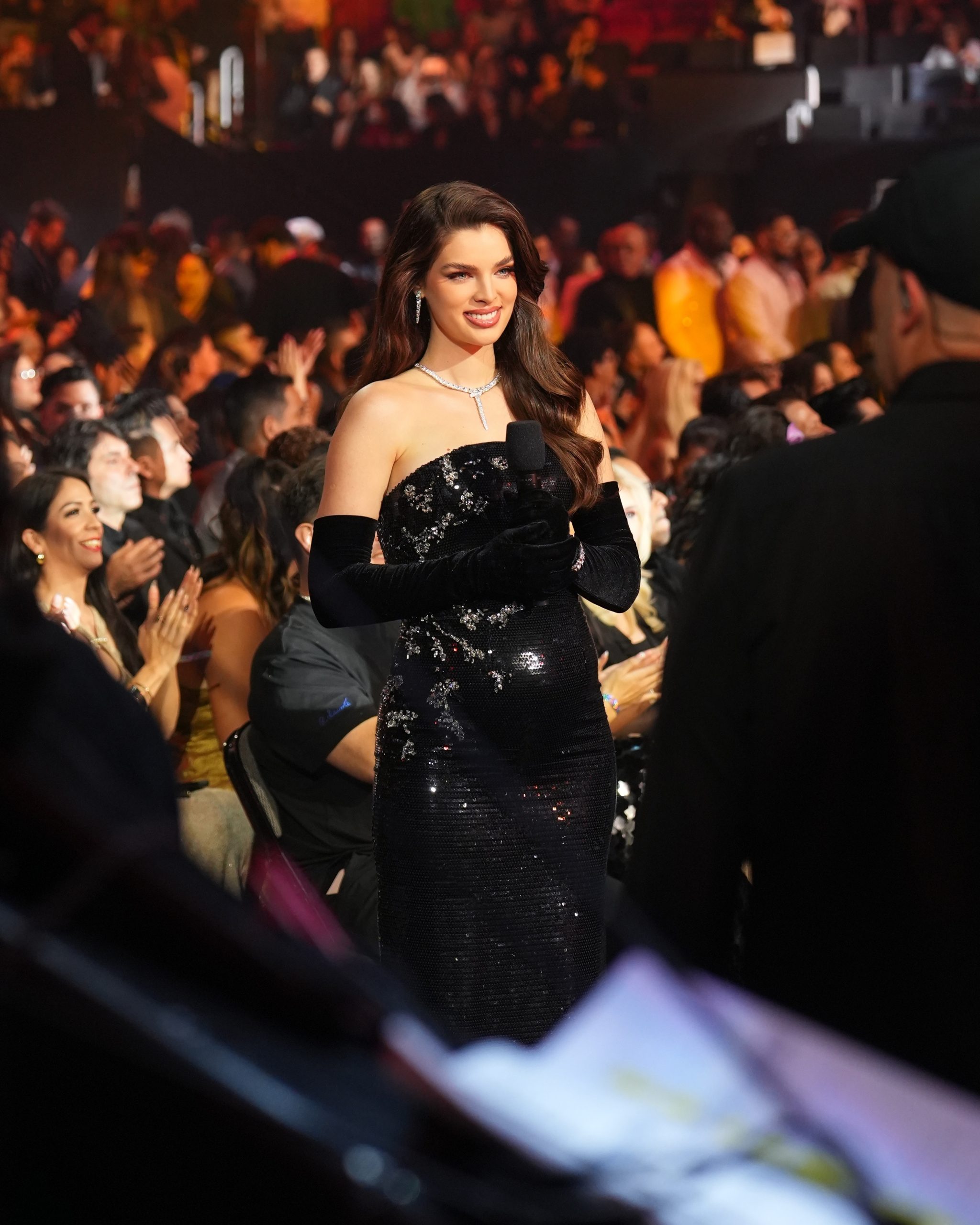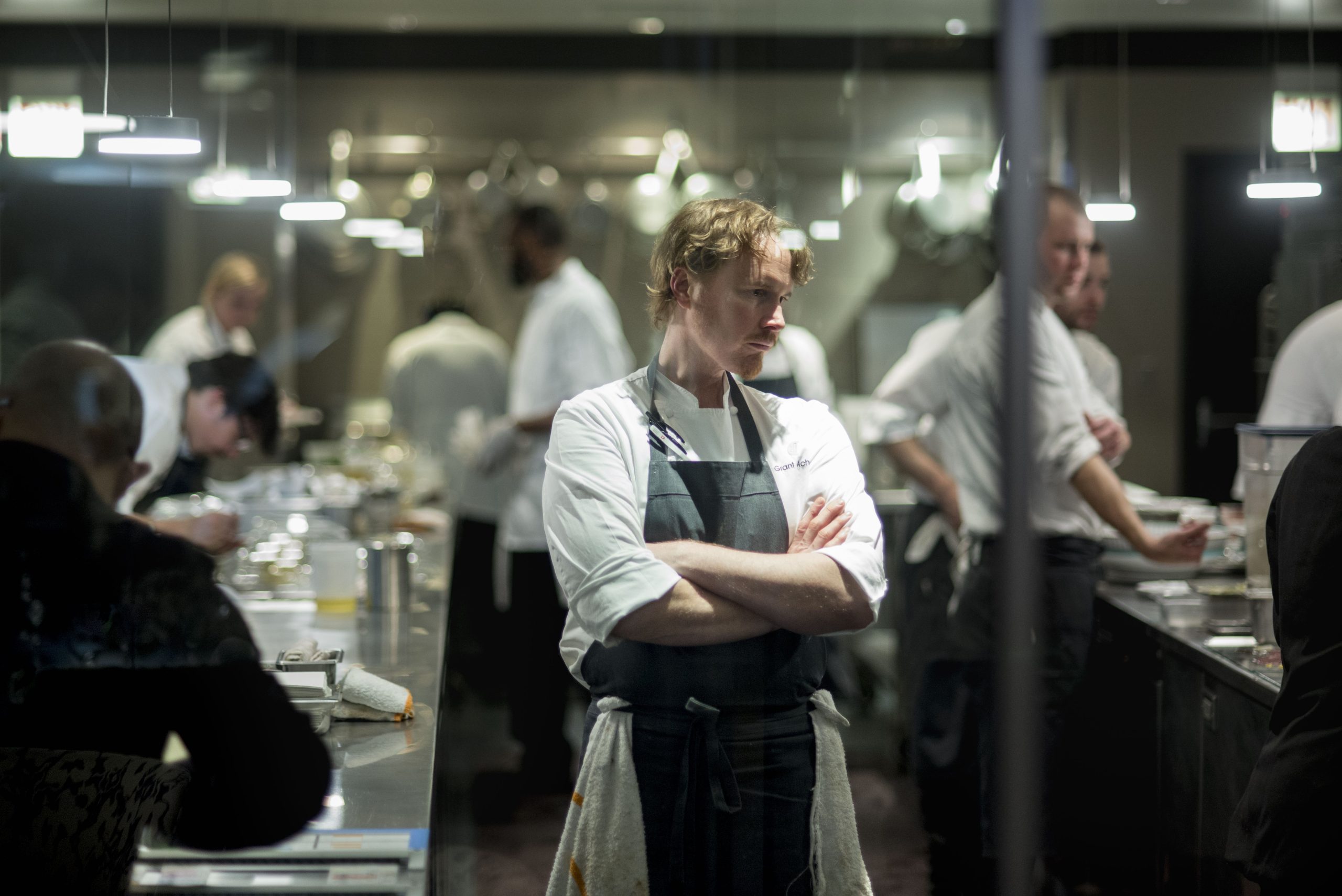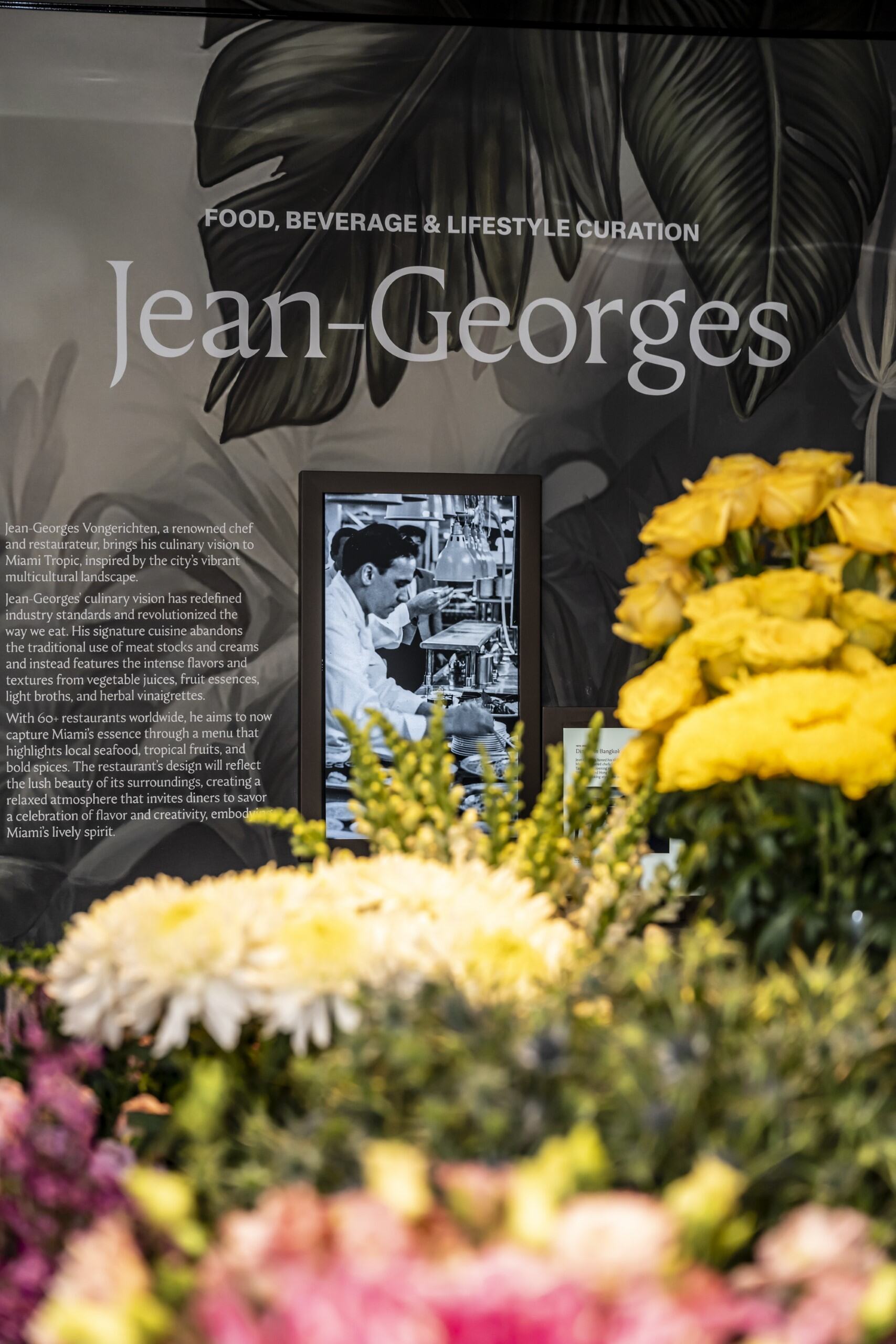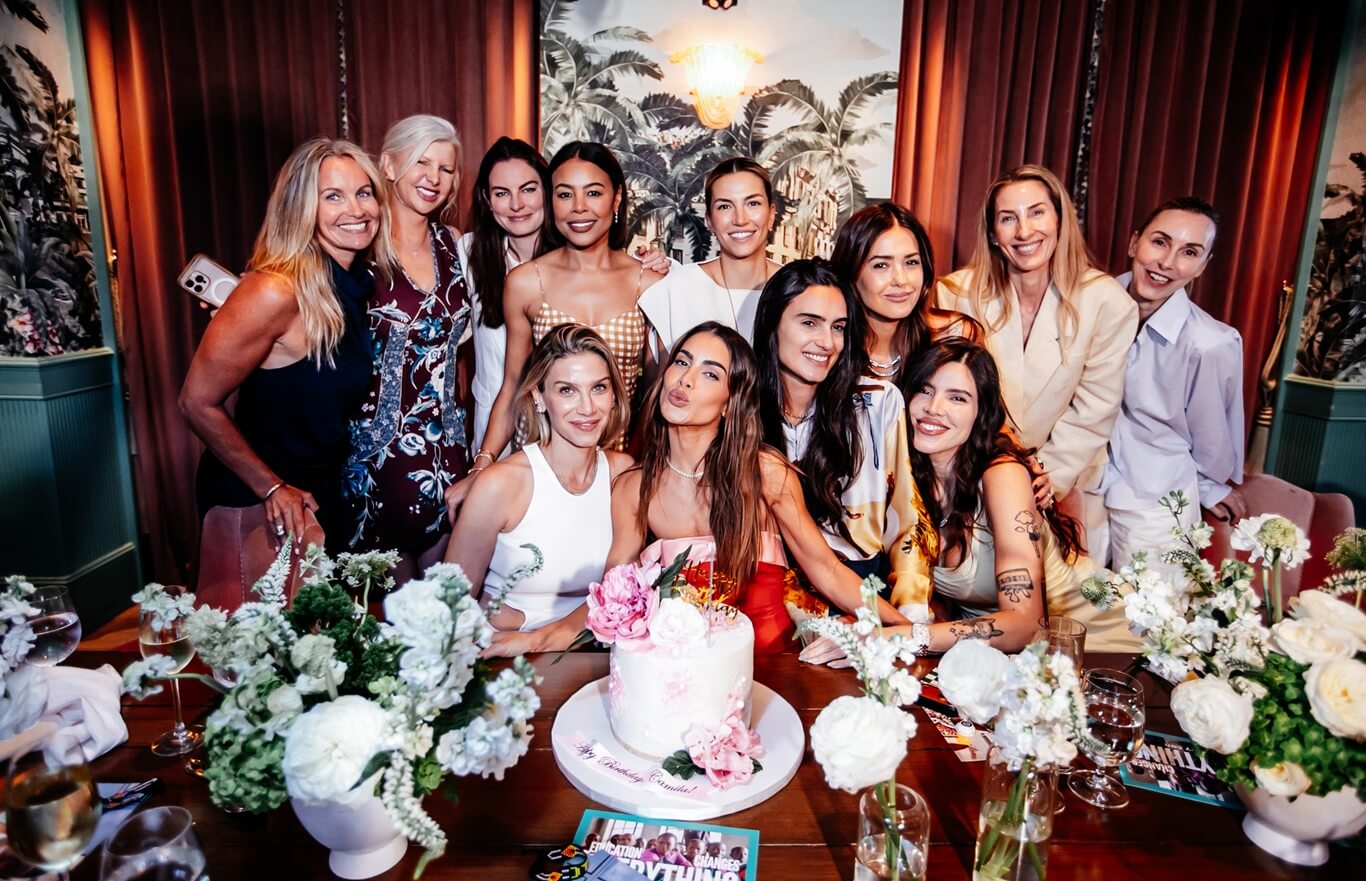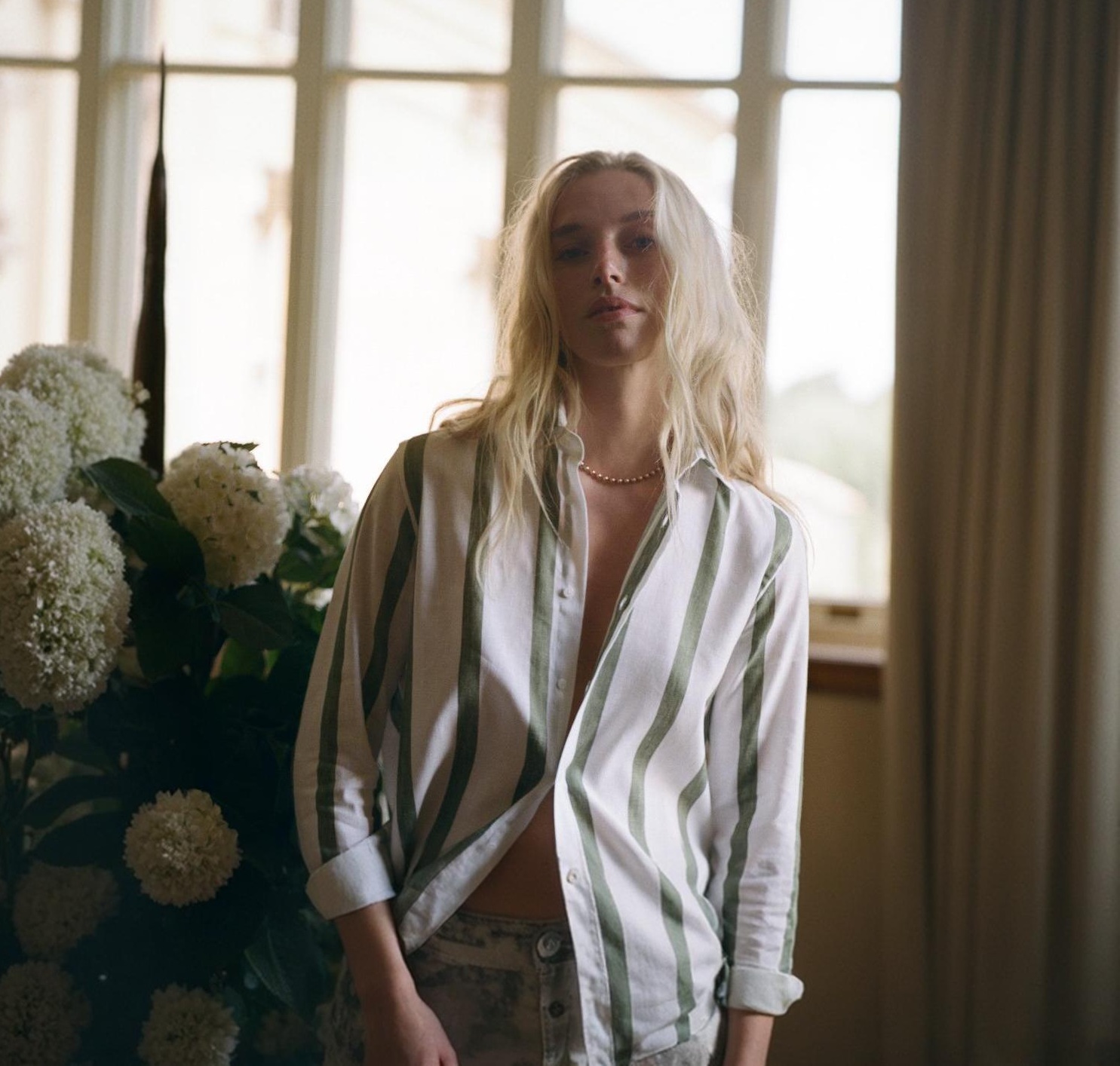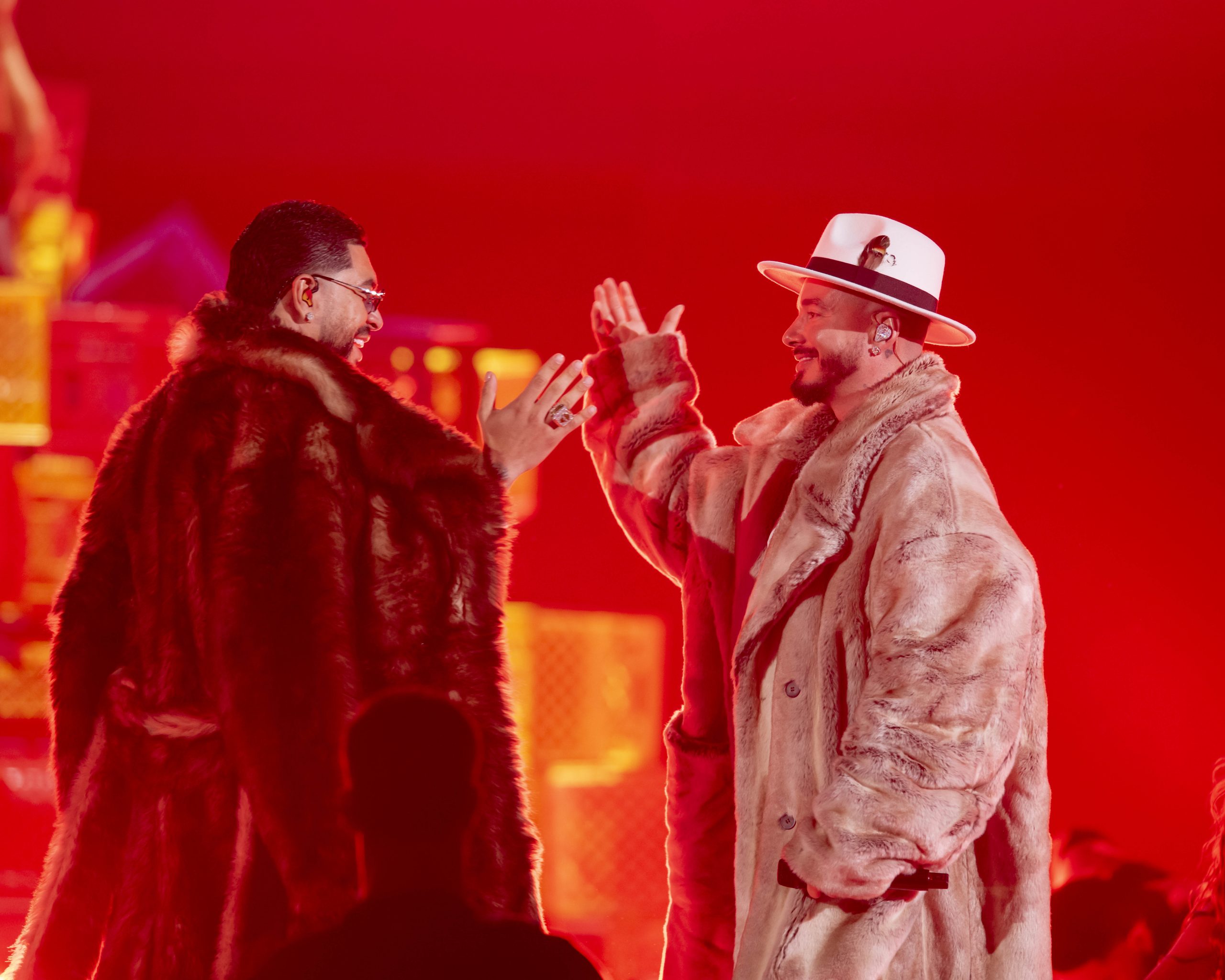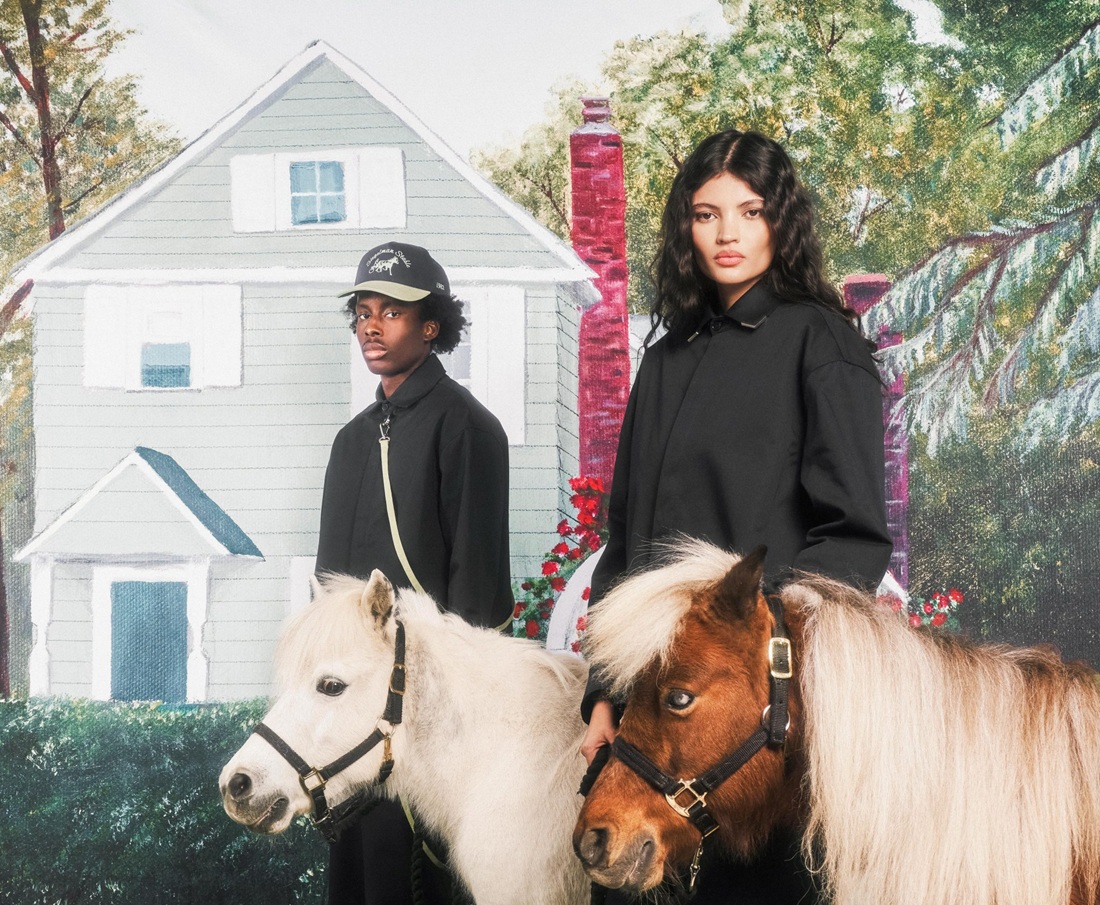How Heartthrob Graham Philips Landed The Role Of Prince Eric In ABC’s “The Little Mermaid Live!”
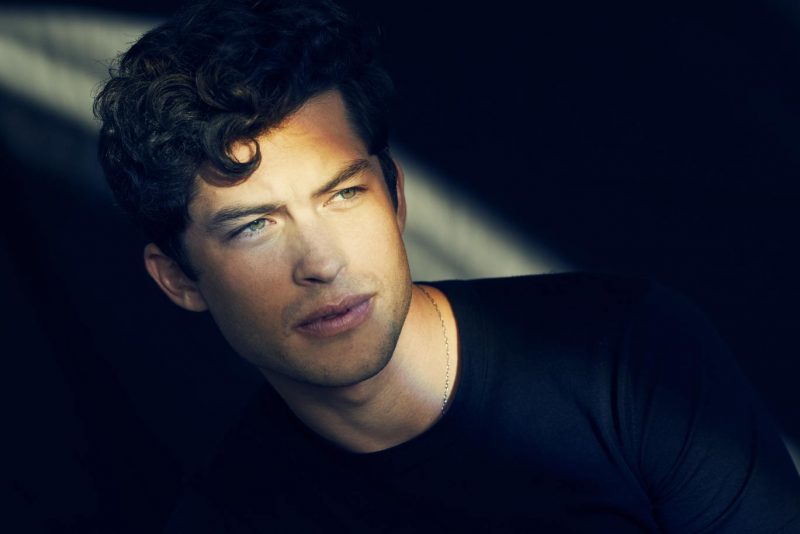 Photo Credit: F. Scott Schafer
Photo Credit: F. Scott Schafer
Graham Phillips is about to steal not just one heart, but many, when he becomes Prince Eric in ABC’s “Little Mermaid Live!” tomorrow, November 5. The 26-year-old SoCal native will star and sing alongside Auli’i Cravalho (Ariel), Queen Latifah (Ursula) and John Stamos (Chef Louis) in the highly-anticipated network show based on Disney’s animated favorite about a mermaid who gives up her voice for a pair of sea legs and finds love in the process.
Aside from playing a charming prince, Phillips is slated to have a monumental 2020. With projects like “The Good Wife” and “Evan Almighty,” among others, under his belt, he’ll also direct the feature film,” Rumble Through the Dark.” Along with his brother, Parker, he’ll also executive produce an original drama series with Michael Farris Smith, as well as a thriller series based on John Hart’s “New York Times” best-selling novel, “Redemption Road.” And this week, he’ll even return to “Riverdale” to reprise his role as bad boy Nick St. Clair.
Here, we chat with this charming and charismatic Princeton grad about playing a prince, returning to “Riverdale” and his directorial debut.
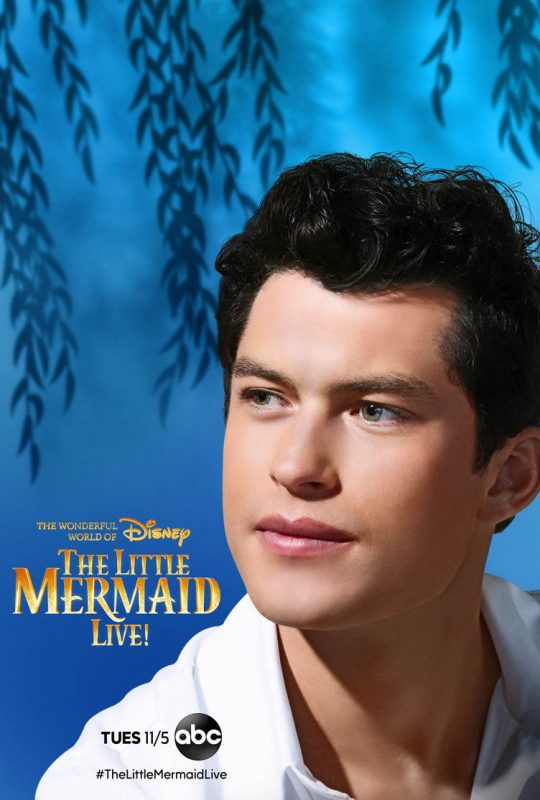 Photo Credit: ABC
Photo Credit: ABC
You’ve been cast as ‘Prince Eric’ in Little Mermaid Live. Tell us about how your character will fit in to this live production… will it be different from the Disney film?
In the original film, you don’t really get to hear much from Prince Eric—he doesn’t even sing throughout the entire film (though he does play a flute once or twice). Lucky for me, for this version, they’ve pulled a couple of songs that Alan Menken wrote for the Broadway adaptation and has rearranged for our show. Perhaps I’m biased, but I do think that it adds a bit more potency to the story to check in with what’s going on in the Prince’s mind. It is a love story after all and most of the best love stories tend to touch on both parties. In these new songs, it’s also neat to see how the Prince is going through something more similar to Ariel than you’d expect. The whole idea of him escaping his responsibilities within the castle walls to go exploring the unknown on a ship feels like the mirror of Ariel’s journey from her underwater castle to the land. They’re both at a time in their lives where they seem to have everything, and yet they’re still reaching out, yearning for something they can’t quite put their finger on. The fact that thing they’re looking for is (spoiler alert) love, and that they find it in someone so foreign, is the soul of the piece to me, so it’s nice that the Prince gets to share his side of the story.
What was the audition process like for this role? What were the producers looking for that they found in you?
Hmm… I’m not sure if they even knew what they were looking for to be honest, but I’d been working on the Prince’s big song, “Her Voice,” for a few weeks before I got the call to come in. After I sang it they got up and gave me a hug and thanked me. I wasn’t sure if that meant I had the role but I thought it would have been a pretty weird thing for them to have done if I didn’t… Thankfully it worked out. I’ve been on plenty of auditions and screen tests where I would have put money down that I’d booked it and it ended up going another way, so I did my best not to count my chickens…
Who was the biggest trip to meet/hang out with from the cast? Was it all professional 24/7 or did you have some downtime to get to know them (and if the latter, who did you click with the most and why)?
Hard to pick just one… Queen Latifah and Shaggy were probably the biggest trip just because I’m fans of them both and had never met either of them, whereas I know Auli’i and John through our singing teacher Eric Vetro. And we’re certainly not professional 24/7… Everyone seems to have embraced the celebratory nature of the show, so while we’re all working hard to make the fans happy, we also know that if we’re not enjoying ourselves up there, then we’re kind of missing the whole point. It’s also hard not to have a fun time with all the crazy aerial designs and puppets and set pieces coming in each day.
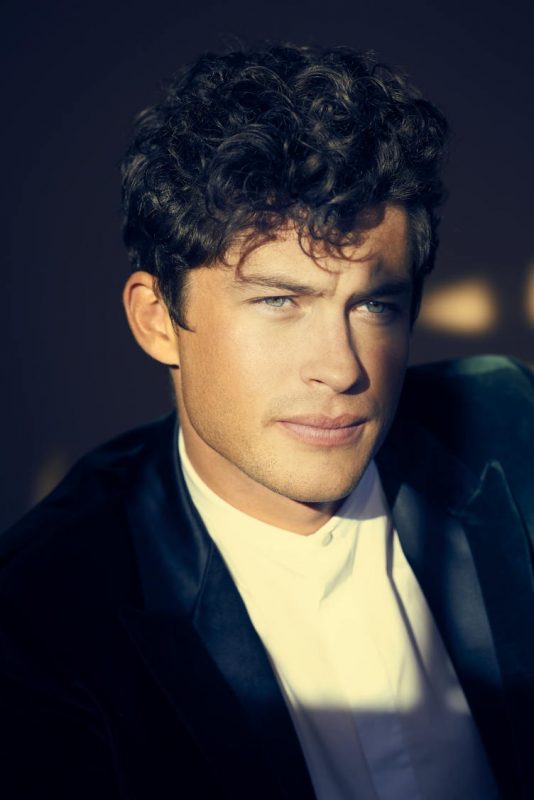 Photo Credit: F. Scott Schafer
Photo Credit: F. Scott Schafer
You have experience in both theater and TV/film and “Little Mermaid Live!” has pieces of both. How do you feel about doing a live TV performance? Is it different than preparing for just a TV show or just for theater? How are you preparing?
I’m just treating it like a theater performance as far as my prep goes, which basically just means running it as many times as I can and keeping my voice in good shape. I’ve also done a bit of sailing and swimming just to get myself in the aquatic mindset. I also always wanted to learn to sail, so maybe it’s more of that than me being method… One difference from theater is that even though it’s filmed in front of a live audience, you have to be aware of the camera angles. The body language you might use in a wide shot might not hold up or even register in a close up, so we’ve been keeping a good dialogue going with Hamish, our director. The most important thing at this point is to keep your nervous system from freaking out, so focusing on the joy that comes with a performance like this, rather than the ten thousand things that can go wrong is important. No one likes a tense, nervous prince…
You are not only acting but directing, writing and producing as well. Was that always the plan? How did you go from acting to behind the camera work, and what is it like doing this with your brother?
I’ve always wanted to explore the other side of the camera. I’ve been obsessed with cameras since I was about five years old and when I was in my teens that began to translate into a passion for cinematography and a curiosity for directing. I always wanted to work with my brother—mainly because our personalities and skill sets compliment each other and we have near identical taste—but we had to wait until I graduated to really dig deep. We’d done a short film earlier, but you need more than a summer to put together a full length feature, which was our goal. Funny enough, we didn’t set out to write our own film, but when we realized how unlikely it was for us to find a script that both suited our own tastes and had already been written, we figured, what the heck, we’ll give it a go. I was writing my thesis at the time on Native American resistance to colonialism and the related systemic violence they continue to endure, and we wanted to do a modern day western that wasn’t as blindly one sided as the westerns of yore, so we began to build from that. We tried to turn a lot of outdated stereotypes on their head while keeping the essence of what makes the western genre so entertaining and we ended up with a sort of thriller-love story between a cowboy and a Native girl over the backdrop of the North Dakota oil fracking boom. There’s a lot of the old iconic west trying to find its way in a modern world, thus the title, “The Bygone.”
Did you enjoy directing your first film? Is it something you’d like to replicate again soon, and if so, are you actively looking for projects?
I had a fantastic time directing. I was also the lead of the film, so I was leaning on my brother for most of the scenes I was in when I couldn’t be behind the monitor. We were both struck by the collaborative nature of it all. You have this team of one hundred people and if you take any of them out of the mix, the whole operation falls apart, logistically and creatively. So for us, it’s as much about our love for people as it is our love for bringing a vision to life. We certainly caught the bug and are looking forward to our next project, currently titled “Rumble Through The Dark.” It’s based on a gripping novel by Michael Farris Smith called “The Fighter,” and it follows a middle aged bare knuckle cage fighter in the Mississippi Delta as he fights to get out of debt to this incredible character named Big Momma Sweet, and get his elderly foster mother back into the foreclosed home she raised him in. It’s a touching and inspiring story about a part of the country we don’t tend to think about with a lot of history. I guess you could say that’s becoming one of our themes.
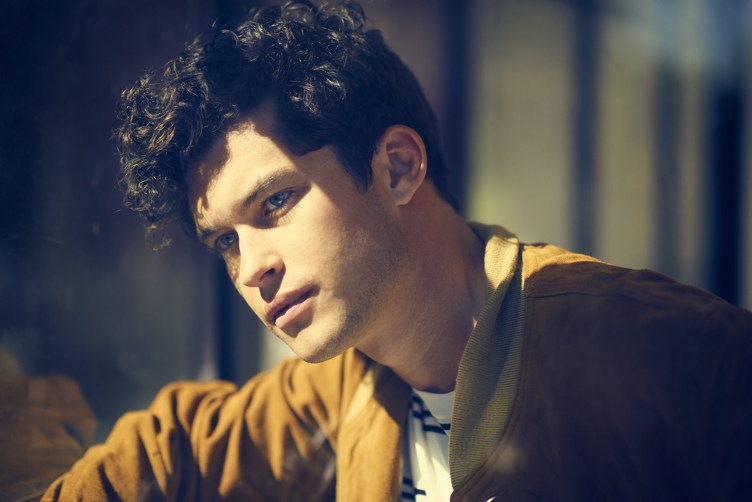 Photo Credit: F. Scott Schafer
Photo Credit: F. Scott Schafer
What would you like to do in the future career-wise that you haven’t yet tried?
I wouldn’t mind directing some pieces for the stage. I directed a production of “Once” back in college and I really enjoyed that experience, even though I was writing my thesis at the same time, so I must have really liked it. My whole career started in the theater, so any time I get to come back to that I end up feeling more whole. Again, it’s really about the collaboration and getting close with people while, ideally, putting the ego aside.
It seems like philanthropic work is important to you as well and you have spent quite a bit of time working with Oceana. How did you decide to get involved with them and what do you do with the organization?
Once of our closest family friends, the Cahills, have been heavily involved with them for quite a while and host a spectacular fundraiser at their home every year. Considering I grew up in Laguna Beach with a love for the ocean, it seemed an obvious outlet for my energy, especially after hearing so many of the sobering anecdotes and statistics. I’d written a junior paper on the history of marine mammal conservation so it was already on my radar but the events they were hosting helped to highlight ways to help. Apart from performing at the fundraisers, we do beach cleanups and help to raise awareness about the policy decisions most affecting our oceans.
What is something even friends might be surprised to learn about you?
I couldn’t think of anything so I asked my brother. Here’s what he sent… “You have a night light in your room, you sing Bobby Darin in the shower, you used to collect rocks, you sleep with your legs crossed and you have to consciously try and not walk on your toes.”
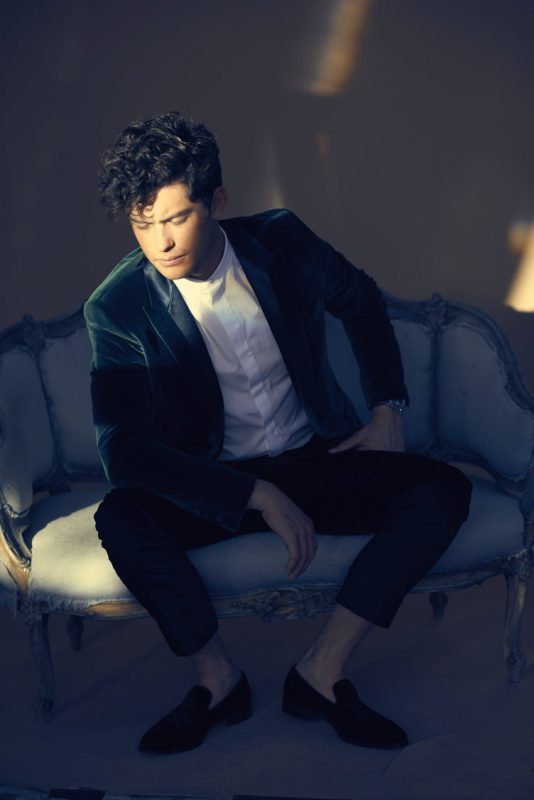 Photo Credit: F. Scott Schafer
Photo Credit: F. Scott Schafer
You went to Princeton majoring in history – which seems at odds with your career in entertainment. What would you like to do with your degree in the future?
Well, I feel like history is storytelling in its own right. There’s no such thing as a truly objective history and so the ‘storytellers’ perspective always ends up leaving its mark. I honestly just always liked history and was thankful to have history teachers from a pretty young age that (mostly) didn’t make me want to gauge my eyes out.
What’s next for you project-wise after “The Bygone” and “Little Mermaid Live!”?
Apart from “Rumble Through The Dark,” my brother Parker and I have two pilots we’re shopping around that we’re quite excited about. And on the acting side of things, it looks like I’ll be going back on “Riverdale” in the next week or so and I actually just got word this morning that I might be working on a rather exciting comedy but, alas, I’d prefer not to count those chickens…
What to you is the greatest luxury in life and why?
The greatest luxury in life is the luxury of detachment—to have the time and space away from your usual rhythms to reflect with clarity on what is working and what needs to change, if anything. More often than not, less needs to change than you think. When I get to spend time with my father, it’s golf. With the mama, it’s horseback riding. When it’s just me, it’s a morning paddle board in Laguna.

